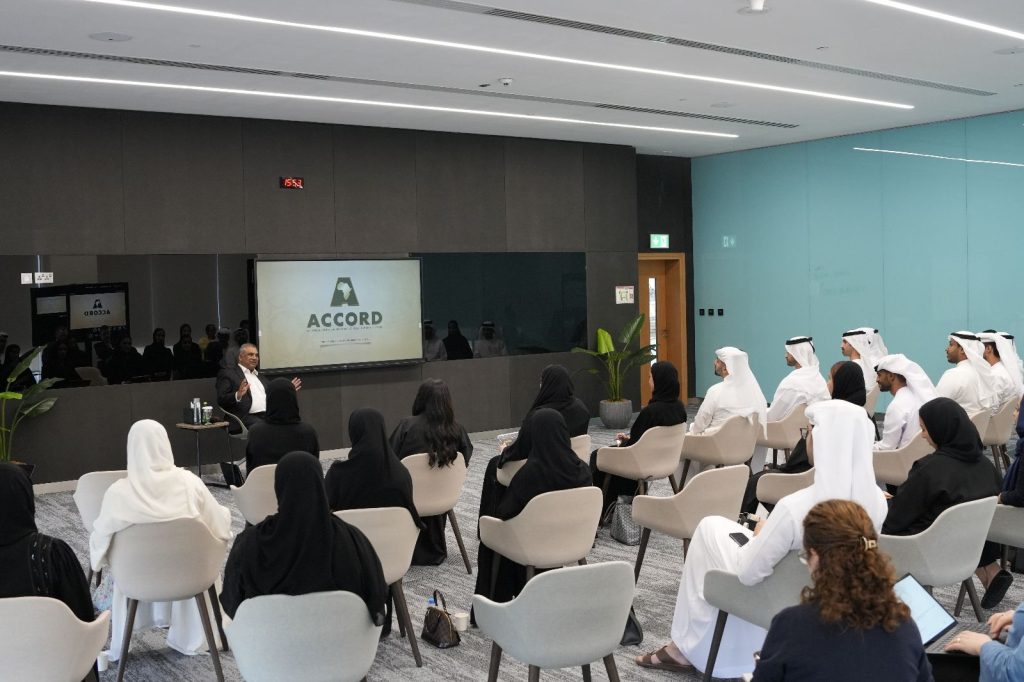In efforts to strengthen existing mediation-support capacity on the continent, and to enhance African countries’ capacities to effectively and peacefully resolve their own conflicts, ACCORD has recently conducted an advanced mediation training for government representatives and academics from French-speaking parts of the continent.
Held in Johannesburg, from 23-25 November 2011, the training focussed on the theory and practice of mediation, and aimed to advance mediation process experts’ skills towards them strategically and effectively guide, advice and support African peace processes. Seventeen participants were drawn from government departments and academic institutions from French-speaking countries in Africa. The high-level participant profiles included senior government officials with mediation experience and academics with in-depth knowledge of the field of conflict and peace studies, and experience of alternative dispute-resolution methods. They were drawn from: Burkina Faso, Burundi, Central African Republic, Comoros, Congo-Brazzaville, Côte d’Ivoire, Democratic Republic of Congo, Guinea Conakry and Madagascar.
The overall goals of ACCORD’s Peacemaking Unit are the prevention of violent conflict, the promotion of dialogue, and the peaceful resolution of conflicts on the African continent. The Unit strives to achieve this through initiatives that focus on the strengthening of existing mediation and mediation-support capacity on the continent, and through creating new such capacity. Beneficiaries of the programme include the African Union and the Regional Economic Communities – in their role as key peacemakers – but also national stakeholders. The aim is work towards a broader culture of peace, democracy and tolerance in Africa societies.
It is within the above framework that the November 2011 training was held. During 2010, ACCORD conducted a similar training for English-speaking countries. In efforts to broaden impact and respect the continent’s diversity in culture, tradition and language, the 2011 training was conducted in French.
The training was made possible by the Swedish International Development Agency’s (SIDA) financial support.






